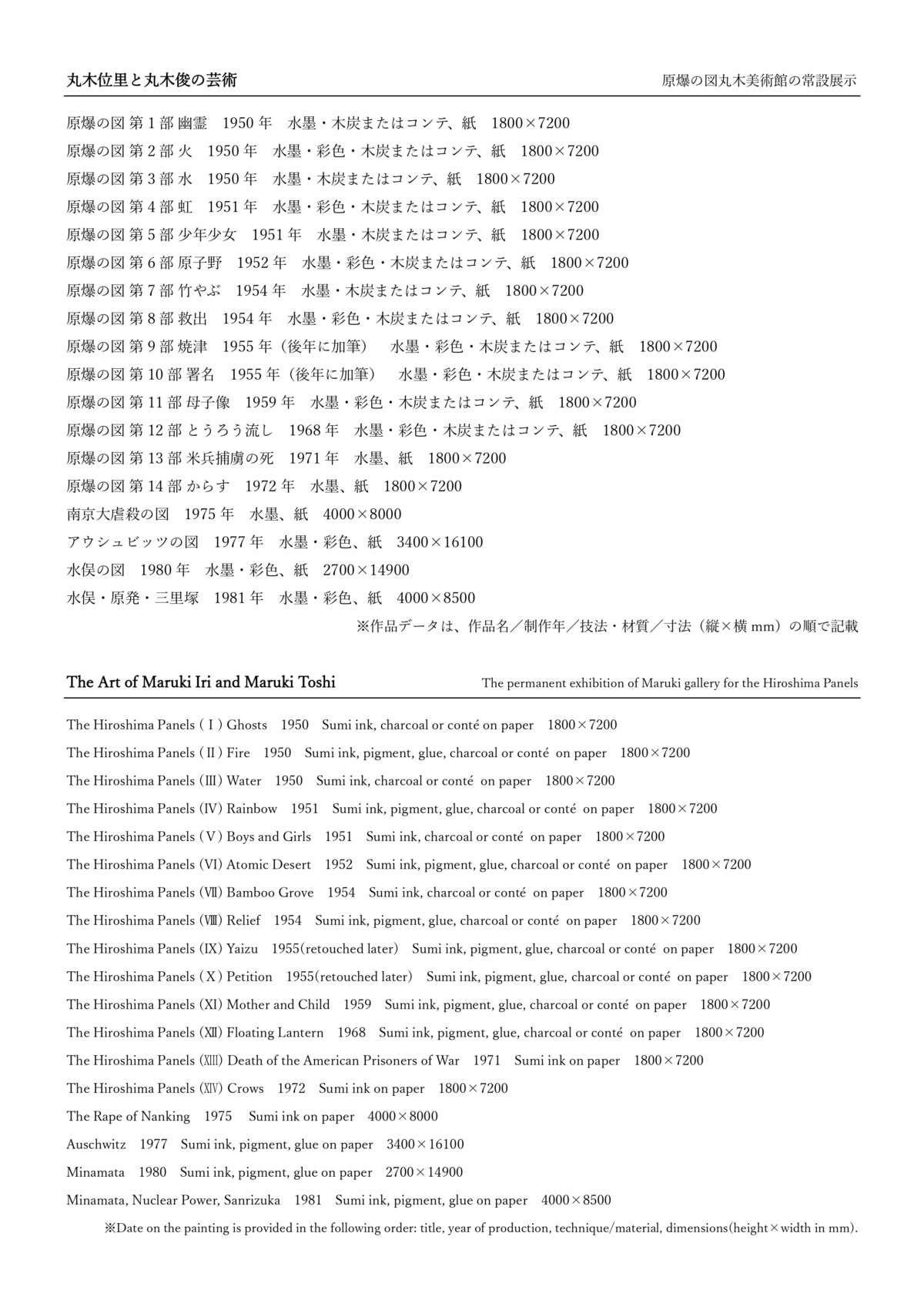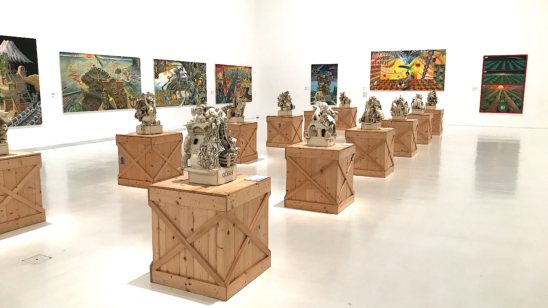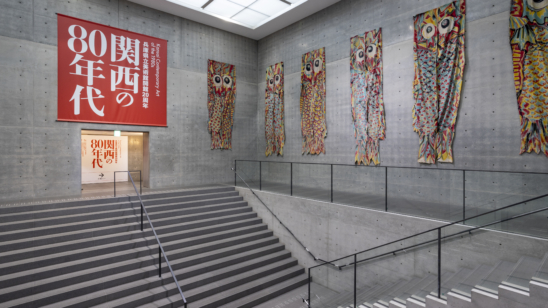Maruki Gallery For The Hiroshima Panels
We lost our uncle to the atomic bomb. Two young nieces were killed. Our younger sister suffered burns, and our father died after six months. Many friends and acquaintances perished. Iri left for Hiroshima on the first train from Tokyo, three days after the bomb was dropped. Toshi followed a few days later. Just over two kilometers from the center of the explosion, the family home was still standing.
But the roof and roof tiles and windows were blown away by the blast, along with pans, bowls, and chopsticks from the kitchen. Even so, the burned structure remained, and large numbers of injured people had gathered there and lay on the floor from wall to wall. We carried the injured, cremated the dead, searched for food, and found scorched sheets of tin to patch the roof. With the stench of death and flies and maggots all around us, we wandered about just as those who had experienced the bomb.
In the beginning of September, we returned Tokyo, and we learned for certain that the war had ended. In Hiroshima, we had lost the strength to think about whether the war had ended or not. Three years passed before we began to paint the Hiroshima Panels. We stripped our clothing to recall images from that time and draw them, and others agreed to pose for us because we were painting the atomic bomb. We began thinking how a 17-year-old girl had a life span of 17 years, how the life of a 3-year-old child had lasted three years.
We painted some nine hundred human figures, including the sketches, for the first painting. We thought we had painted a large number, but as many as 140,000 people died in Hiroshima. As we continued painting, praying for the souls of the dead in the hope that it will never happen again, we realized that even if we painted all our lives, we could never paint them all. One atomic bomb in one instant caused the deaths of more people than we could ever portray. Longlasting radioactivity and radiation sickness are causing people to suffer and die even now. This was not a natural disaster. As we painted, through our paintings, these thoughts ran through our minds.
Maruki Iri
Maruki Toshi



